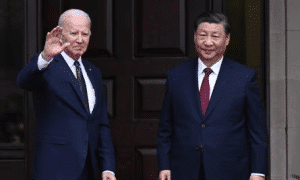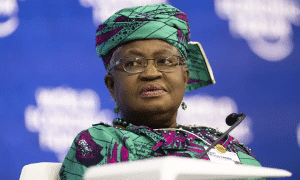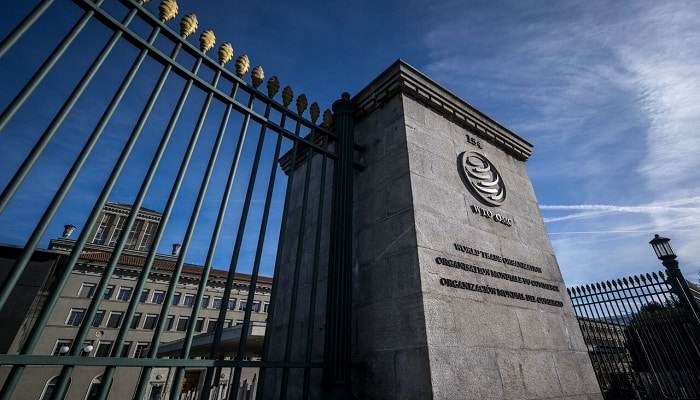PNN – Referring to the differences between the US and China over international trade issues, the Guardian newspaper wrote: Inefficiency and multiplicity have destroyed the 30-year dream of the World Trade Organization (WTO) about free trade.
According to the report of Pakistan News Network, this newspaper added that while the World Trade Organization is approaching its anniversary, geographical borders around the world have been closed once again.
30 years ago, when the world’s trade ministers gathered in Morocco this month (April) to sign the agreement to create the World Trade Organization, they felt proud. The Berlin Wall had just come down, Communism had fallen, and there was optimistic talk about the organization’s role in creating open markets and acting as a neutral arbiter when disputes arose between countries.
But the current atmosphere is much darker than April 1994. Any enthusiasm for economic liberalization agreements decades ago has been destroyed and replaced by protectionist politics.
Relations between the US and China are now at an all-time low and may worsen. Late last month, China formally filed a complaint against the United States at the World Trade Organization. The country is seeking to protect its electric car industry, saying subsidies from President Joe Biden’s administration to boost manufacturing using green energy in the US violate global trade rules.
The disagreements over the Inflationary Reduction Act (IRA) in the Biden administration show three trends: the decline of globalization, the increasing difficulty in relations between the world’s two largest economies, and finally, dysfunction in the World Trade Organization itself.
According to the Guardian, there is little hope that China’s complaint against the US will be resolved because the World Trade Organization can no longer resolve disputes. Any country on the wrong side of a WTO ruling has the right to appeal, but the body needs judges to function, and since late 2019, the US has blocked any new appointments to the panel.
This newspaper added: This is not the only reason for Washington’s insistence on the deflation law. Basically, this problem is due to China’s huge trade surplus with the US, and the Biden administration believes that the US budget deficit is due to such unfair competition.

In response to China’s official protest regarding the financial support provided by the anti-inflation law in the United States, Catherine Tay, the US trade representative, pointed to the history of the Chinese government in supporting Chinese manufacturers.
Neil Schering, senior economist at Capital Economics Consulting, also said that since the Covid-19 pandemic, China’s manufacturing capacity has “expanded significantly”. This partly reflects a response to rising global demand, but also – as with electric cars – a deliberate political decision by Beijing to gain market share.
The Guardian has mentioned in part of its report: Donald Trump, Biden’s rival in this year’s presidential election, has promised to take strict measures to prevent the weakening of the American car market. Trump, who imposed a $300 billion tariff on Chinese imports during his presidency, now says that a 100% tariff will be imposed on Chinese cars imported from Mexico, 50% on other Chinese goods, and 10% on goods made in other parts of the country.
He also clearly stated that he is not worried about the possibility of retaliatory action by China or other countries to punish American exporters.

Recently, in an article, he emphasized the need for meaningful reforms and said that these reforms require developing countries to play a greater role. The result is that to achieve the agreements of the world organization and to create an organization that is able to deal with the problems of the present century, a coordinated collective effort is needed.
The Guardian wrote: However, the US position plays a key role in realizing the role of the World Trade Organization to monitor global trade. According to Keith Rockwell, the former director of the World Trade Organization, if Biden wins the US election, it is possible that he will have a more open view on trade issues, including how to resolve disputes, in his second term as president, but if Trump wins, there will be no change.

